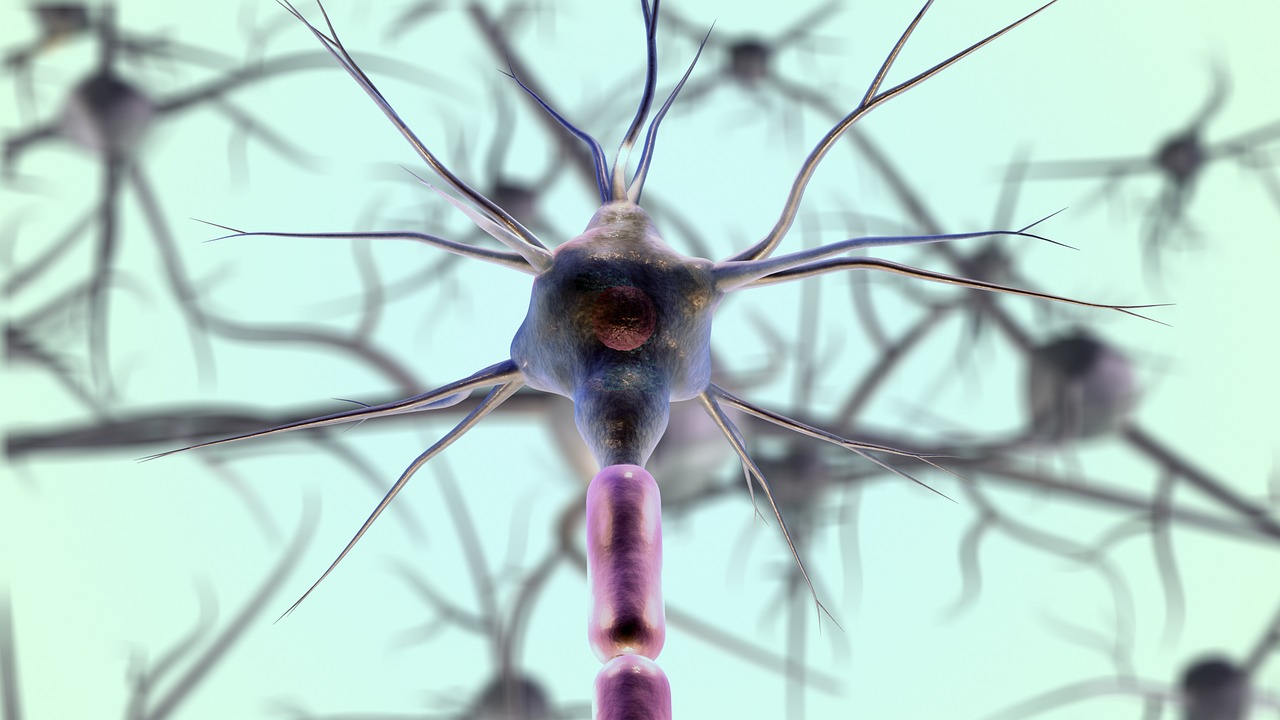Riboflavin: The Unsung Hero of Cellular Energy
Riboflavin, also known as vitamin B2, is a crucial yet often overlooked nutrient in the world of vitamins and supplements. This water-soluble vitamin plays a pivotal role in cellular energy production, antioxidant defense, and metabolic processes throughout the body. Despite its importance, riboflavin rarely receives the same attention as its more famous vitamin counterparts. This article delves into the fascinating world of riboflavin, exploring its unique properties, historical significance, and emerging research that highlights its potential in addressing various health concerns. From its discovery in the early 20th century to its modern applications in medicine and nutrition, riboflavin's journey offers a compelling narrative of scientific progress and the ongoing quest to unlock the full potential of this essential nutrient.

The isolation and synthesis of riboflavin marked a significant milestone in nutritional science. It provided researchers with a pure form of the vitamin to study its properties and functions in detail. This breakthrough also paved the way for the development of riboflavin supplements and fortified foods, which have since played a crucial role in preventing and treating nutritional deficiencies worldwide.
Riboflavin’s Role in Cellular Energy Production
At the heart of riboflavin’s importance lies its role in cellular energy production. The vitamin serves as a precursor for flavin mononucleotide (FMN) and flavin adenine dinucleotide (FAD), two coenzymes that are essential for numerous metabolic processes. These coenzymes participate in the electron transport chain, a series of biochemical reactions that generate adenosine triphosphate (ATP), the primary energy currency of cells.
The involvement of riboflavin in energy production extends to nearly every cell in the body, making it particularly crucial for tissues with high energy demands, such as the heart, brain, and muscles. Without adequate riboflavin, these vital organs and tissues would struggle to function optimally, potentially leading to a range of health issues. This fundamental role in energy metabolism underscores the importance of maintaining sufficient riboflavin levels through diet or supplementation.
Antioxidant Properties and Neuroprotection
Beyond its role in energy production, riboflavin has garnered attention for its antioxidant properties. As a component of the glutathione redox cycle, riboflavin helps protect cells from oxidative stress and damage caused by free radicals. This antioxidant function is particularly significant in the context of neurological health, where oxidative stress is implicated in the development and progression of various neurodegenerative diseases.
Recent research has highlighted riboflavin’s potential neuroprotective effects. Studies have shown that riboflavin supplementation may help reduce the frequency and severity of migraines in some individuals. Additionally, emerging evidence suggests that riboflavin could play a role in protecting against cognitive decline and neurodegenerative disorders such as Alzheimer’s and Parkinson’s diseases. While more research is needed to fully understand these mechanisms, the initial findings are promising and open new avenues for exploring riboflavin’s therapeutic potential in neurological health.
Riboflavin and Genetic Polymorphisms
One of the most intriguing areas of recent riboflavin research involves its interaction with genetic polymorphisms. Certain genetic variations can affect an individual’s ability to metabolize riboflavin efficiently, potentially leading to increased requirements for the vitamin. The most well-studied of these is the MTHFR C677T polymorphism, which affects the enzyme methylenetetrahydrofolate reductase (MTHFR).
Individuals with this polymorphism may have an increased need for riboflavin to support the proper functioning of the MTHFR enzyme. This discovery has significant implications for personalized nutrition and medicine, as it suggests that some people may benefit from higher riboflavin intake based on their genetic profile. The intersection of genetics and nutrition in this context exemplifies the growing field of nutrigenomics and highlights the potential for tailored dietary recommendations based on individual genetic variations.
Riboflavin in Athletic Performance and Recovery
The role of riboflavin in energy metabolism has naturally led to interest in its potential benefits for athletic performance and recovery. While not as widely studied as some other sports nutrition supplements, riboflavin has shown promise in several areas relevant to athletes and active individuals.
Research has indicated that riboflavin supplementation may help reduce exercise-induced oxidative stress and muscle damage. This effect is particularly relevant for endurance athletes, who are exposed to prolonged periods of oxidative stress during training and competition. Additionally, riboflavin’s involvement in energy production suggests it could play a role in improving overall exercise capacity and recovery.
Some studies have also explored riboflavin’s potential in enhancing aerobic performance, although results have been mixed. While more research is needed to establish definitive guidelines for riboflavin supplementation in sports nutrition, the existing evidence points to its potential as a valuable component of an athlete’s nutritional strategy, particularly for those engaged in high-intensity or endurance activities.
Emerging Applications in Medicine and Public Health
As our understanding of riboflavin’s diverse functions in the body continues to grow, so too do its potential applications in medicine and public health. One area of particular interest is the use of riboflavin in photodynamic therapy for certain types of cancer. When exposed to light, riboflavin can generate reactive oxygen species that can selectively damage cancer cells. This approach is being investigated as a potential treatment for various types of skin cancer and other localized tumors.
In the realm of public health, riboflavin fortification of staple foods has been implemented in many countries to address nutritional deficiencies. This strategy has been particularly effective in reducing the prevalence of riboflavin deficiency in populations where access to diverse food sources may be limited. Furthermore, the stability of riboflavin under various food processing conditions makes it an ideal candidate for fortification programs.
The potential of riboflavin in improving maternal and child health outcomes is another area of ongoing research. Some studies have suggested that adequate riboflavin intake during pregnancy may reduce the risk of certain congenital abnormalities, although more research is needed to confirm these findings. The role of riboflavin in supporting proper growth and development in infants and children further underscores its importance in public health initiatives aimed at improving nutritional status across all age groups.
The Future of Riboflavin Research
As we look to the future, it’s clear that riboflavin will continue to be a subject of intense scientific inquiry. Its multifaceted role in human health, from energy production to neuroprotection, offers numerous avenues for further exploration. The emerging field of nutrigenomics, in particular, promises to shed new light on how individual genetic variations may influence riboflavin requirements and metabolism.
Moreover, as the global population ages and the burden of chronic diseases increases, the potential therapeutic applications of riboflavin in areas such as neurological health and cancer treatment are likely to receive increased attention. The ongoing research into riboflavin’s role in athletic performance and recovery also holds promise for developing more targeted nutritional strategies for athletes and active individuals.
In conclusion, while riboflavin may not always capture the spotlight in discussions of vitamins and supplements, its fundamental importance to human health cannot be overstated. As our understanding of this versatile nutrient continues to evolve, it’s clear that riboflavin will play an increasingly significant role in both preventive nutrition and therapeutic interventions. The story of riboflavin serves as a compelling reminder of the complexity of human nutrition and the ongoing potential for scientific discovery in even the most well-established areas of research.




